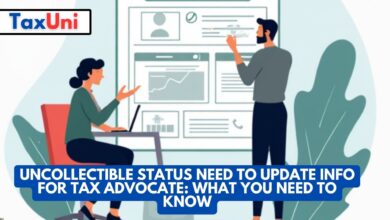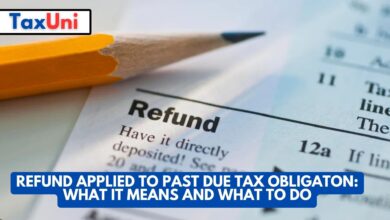Florida State Income Tax
Florida doesn't impose a personal income tax but has several other kinds of taxes. For example, it has a competitive corporate income tax rate and various tax credits.

Florida is unique in that it does not impose an individual income tax. However, it does levy a competitive corporate income tax rate of 5.5% on taxable income from business operations conducted within the state. This arrangement can provide significant savings to individuals who live in the Sunshine State. The state also collects sales taxes, which average 6% across the state, and local taxes, which can vary by county. These taxes help fund state and local services, including schools, roads, and government facilities. Additionally, Florida does not impose an inheritance or estate tax, meaning that no portion of an individual’s estate goes to the state.
Property taxes in the state are among the highest in the country, but residents can take advantage of homestead exemptions to lighten the burden. The state government also helps local governments administer their own property taxes. These rates are based on the assessed value of your home, which can be contested if you think it’s too high.

Other Taxes in Florida
- Sales tax: The state sales tax rate is 6%, and most counties add their own local sales taxes, bringing the total rate to anywhere between 6.5% and 7.5%.
- Corporate income tax: Florida has a 5.5% corporate income tax.
- Property taxes: Property taxes are levied by local governments and vary depending on the county and municipality.
- Other taxes: Florida also collects a variety of other taxes, such as fuel taxes, insurance premium taxes, and communications services taxes.
Florida State Tax Due Dates
As a state, Florida has one of the lowest tax burdens in the country. However, residents should be aware of a variety of state tax deadlines and requirements. Keeping track of these dates can help avoid late filing penalties and fees. Tax returns are due on Tax Day, which falls on April 15 unless it falls on a weekend or holiday or you file Form 4868 seeking an extension until October 15. Self-employed individuals and those with pass-through entities (such as LLCs and S corporations) have quarterly estimated tax payments that are due on pre-set dates throughout the year.





